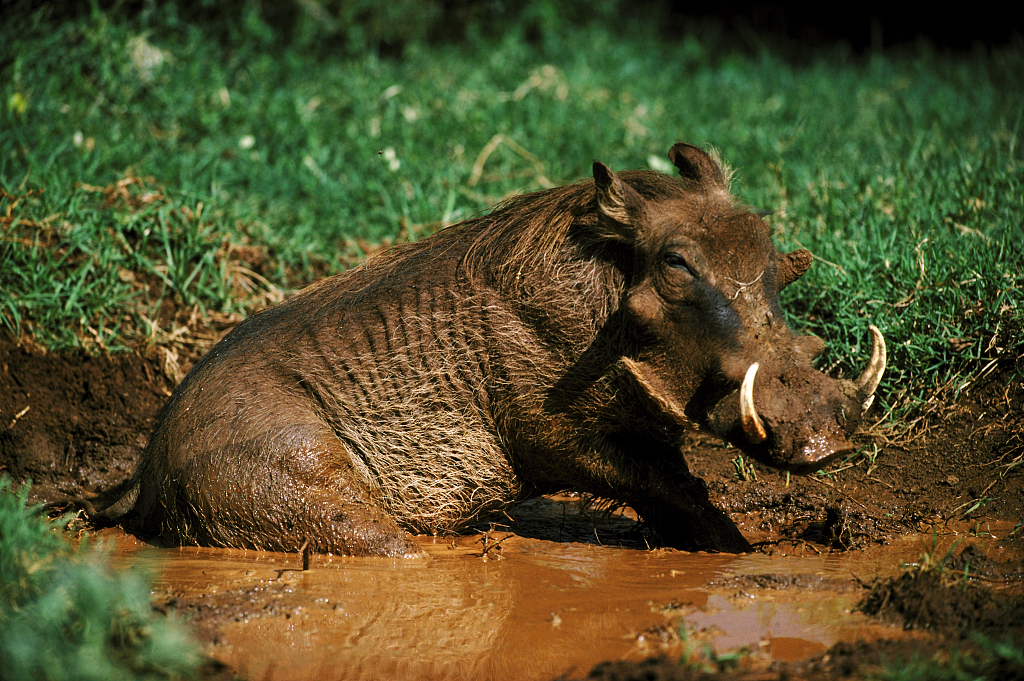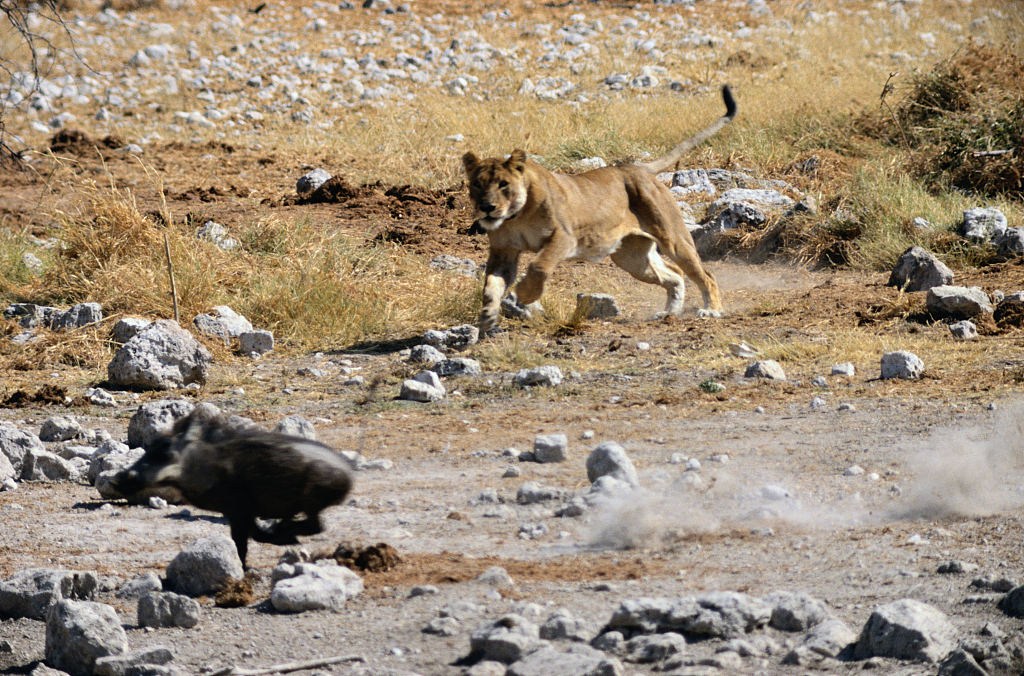On February 24, the Standing Committee of the National People's Congress (NPC), which is China's top legislature, adopted a decision banning illegal wildlife trade and the consumption of wild animals.
Due to the novel coronavirus outbreak, illegal wildlife trading and eating of wildlife products have been pushed to the top of public agenda. The aim of this decision is to safeguard biological and ecological security and effectively prevent major public health risks among other purposes.
According to this decision, wild boars are considered protected and can no longer be hunted, traded or consumed, which led to discussions on social media on why they need to be protected.
Many argue that wild boars are notorious in China's rural areas. Every year, there are cases of wild boars rampaging villages and farms, destroying properties and even killing people. Many describe the wild boar population as "overflowing."

Wild boars sometimes damage farms and villages. /VCG
Wild boars sometimes damage farms and villages. /VCG
Wild boars are known for being able to live in different places, which means it can easily acclimatize to different habitats. Wild boars are omnivores, so it can feed on plants' roots, seeds, berries, leaves, or some small animals. The reason wild boars are forced to enter human dwellings is probably because of shortage of food in the forests.
Though wild boar seems to be a destroyer of soil and vegetation, many studies focusing on wild boar indicate that the species play an important role in the local ecosystem. Their digging activities somehow alter the micro-environment of the soil, giving some plants more sunlight and also space to grow.

Tigers, leopards and wolves hunt wild boars for food. /VCG
Tigers, leopards and wolves hunt wild boars for food. /VCG
Besides, for endangered species like wolves, tigers and leopards, wild boars are one of their main food resources. If wild boars are hunted, these species will definitely be affected, hence the protection of wild boar is essential.
(All images via VCG)
(If you want to contribute and have specific expertise, please contact us at nature@cgtn.com)